Posts categorized Results Data
Page 2

A Project’s Afterlife: Distilling Lessons from Project Post-Mortems
At DG, we pride ourselves in being a learning organization – focusing on continuous improvement and knowledge-building. We support this goal through a number of mechanisms, including holding post-mortem meetings at the end of every project. A post-mortem is a common method for project teams to review different perspectives on what went well, challenges faced, and what lessons could improve future projects.
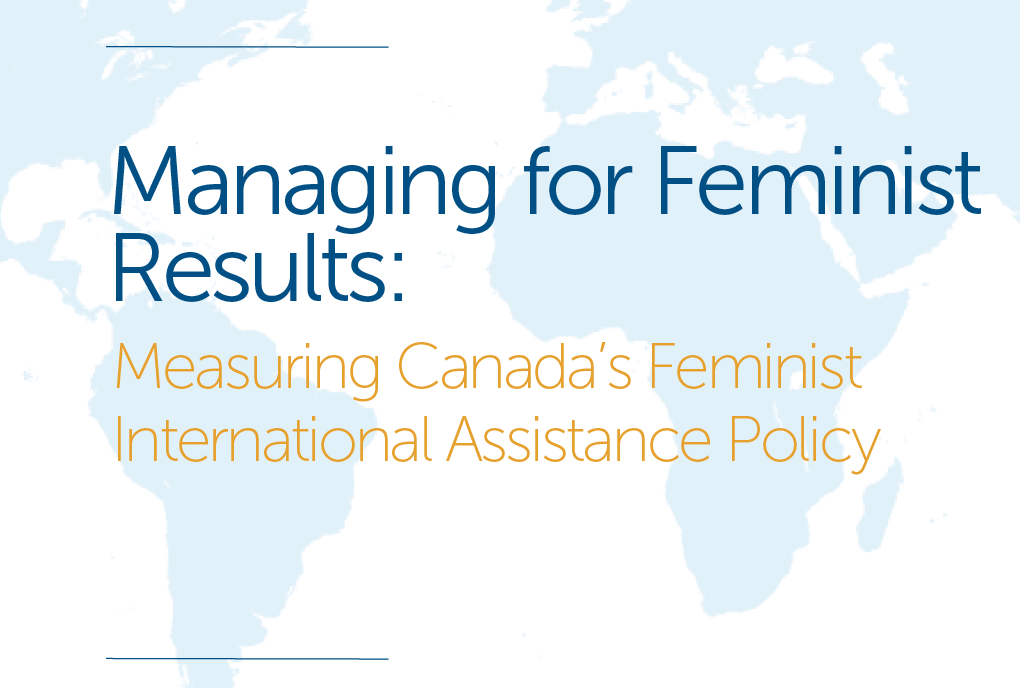
DG White Paper Release: Managing for Feminist Results
Today, Development Gateway (DG) is pleased to announce the publication of the Managing for Feminist Results: Measuring Canada’s Feminist International Assistance Policy white paper, that outlines the challenges and opportunities that development agencies may face when adopting new and/or feminist policies.
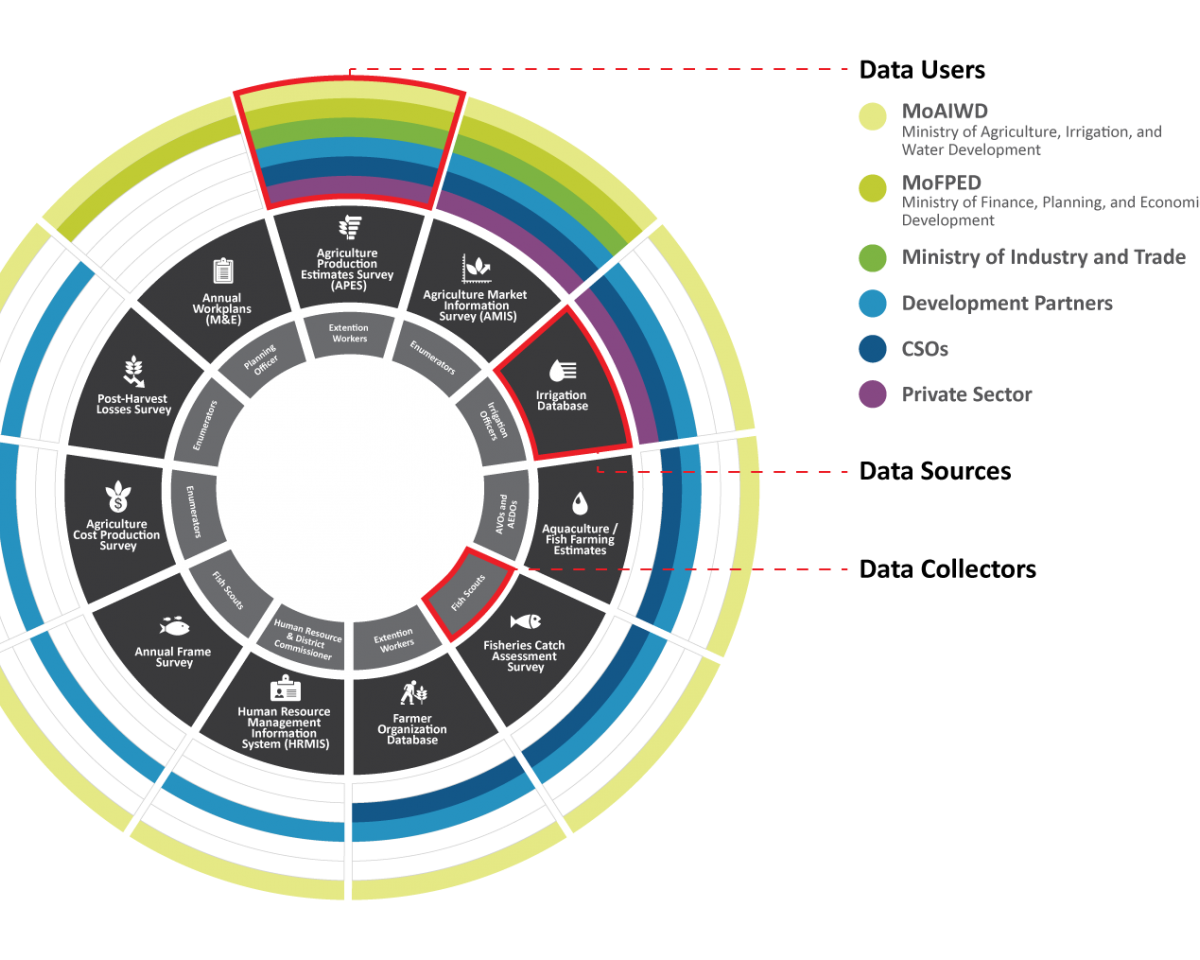
Keeping CALM to Design a National M&E System for Malawi
The Government of Malawi’s National Agriculture Investment Plan and existing M&E framework outlines priority areas for measuring results – however, currently there is no system for measuring progress against these goals. Without the ability to measure progress, how can we evaluate policy effectiveness? In Malawi, the government has recognized that an M&E management information system

Three Recommendations for Better SDG Data Resourcing
With the World Bank/ IMF Spring Meetings underway, many of us are keen to explore more and better resources for achieving the data revolution for sustainable development. As we and others have argued before, a key part of this revolution must involve greater harmonization of data collection and use efforts between country governments and development partners.
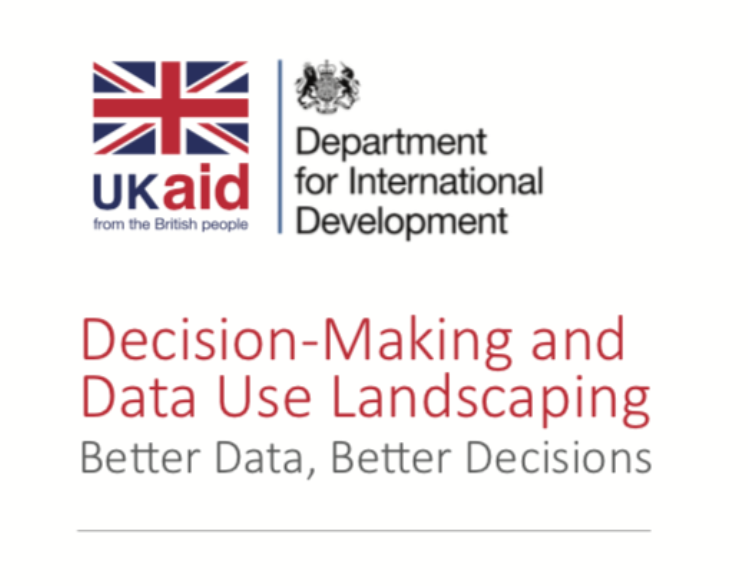
Understanding How DFID Makes Decisions – Landscape Report on the Role of Data
The UK’s Department for International Development (DFID) and Development Gateway (DG) are pleased to release a new report entitled “Decision-Making and Data Use Landscaping: Better Data, Better Decisions - May 2017 to October 2018.” This work examines the role that data plays in supporting key decisions taken by DFID at the strategy, portfolio (sector or country), and programme level. Supported by the Bill & Melinda Gates Foundation through DG’s Results Data Initiative, the report synthesises in-depth interviews with approximately 60 DFID staff across four country offices, all sector teams, and senior management.
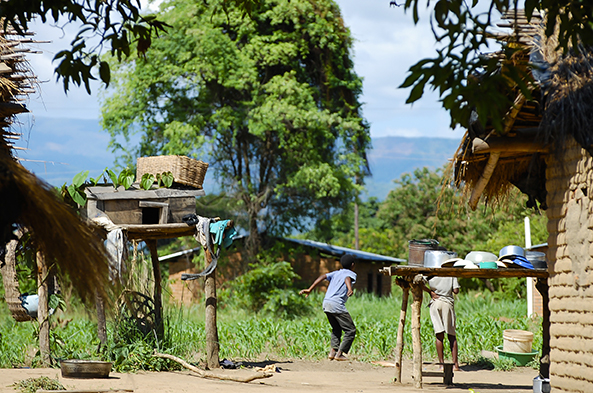
What’s Next for the Results Data Initiative?
Moving into 2019, we are pleased to be expanding RDI alongside our growing set of partners and funders. The program’s third phase focuses on agency-level engagement, and we will be scaling our partnerships with these development agencies to use results data to inform critical policy and programmatic decisions.
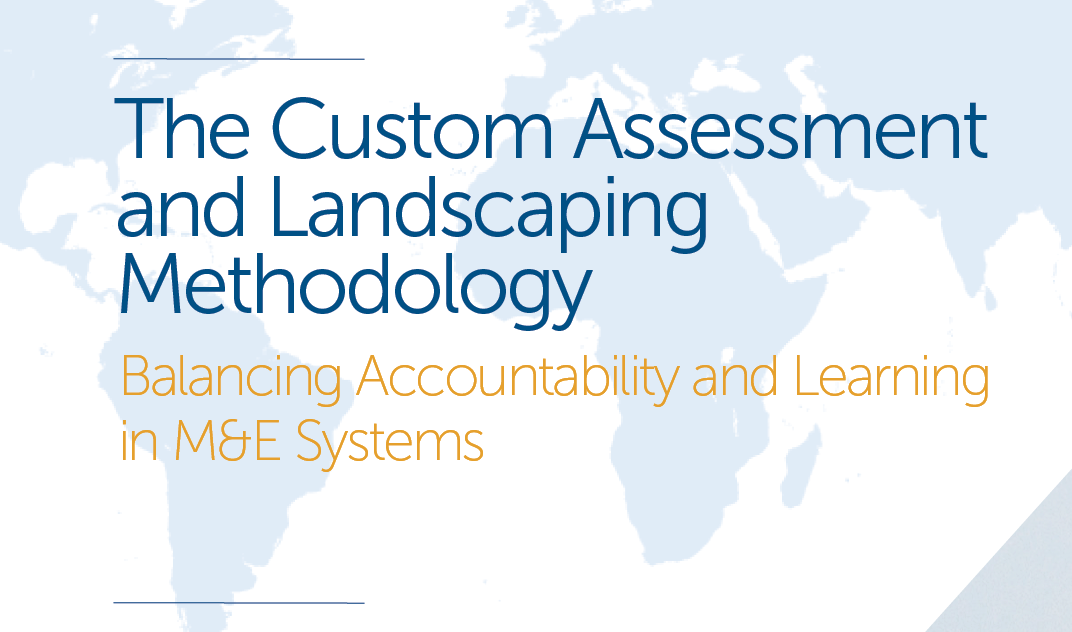
DG White Paper Release: The Custom Assessment and Landscaping Methodology
To achieve data use, we must change how we approach, design, and implement M&E systems. At present, investments in M&E systems suffer from high levels of inefficiency, and there is a high rate of failure across implemented systems. In taking steps to improve how M&E systems are designed, and to achieve truly useful systems, Development Gateway is pleased to announce the release of our latest white paper, “The Custom Assessment and Landscaping Methodology: Balancing Accountability & Learning in M&E Systems.”
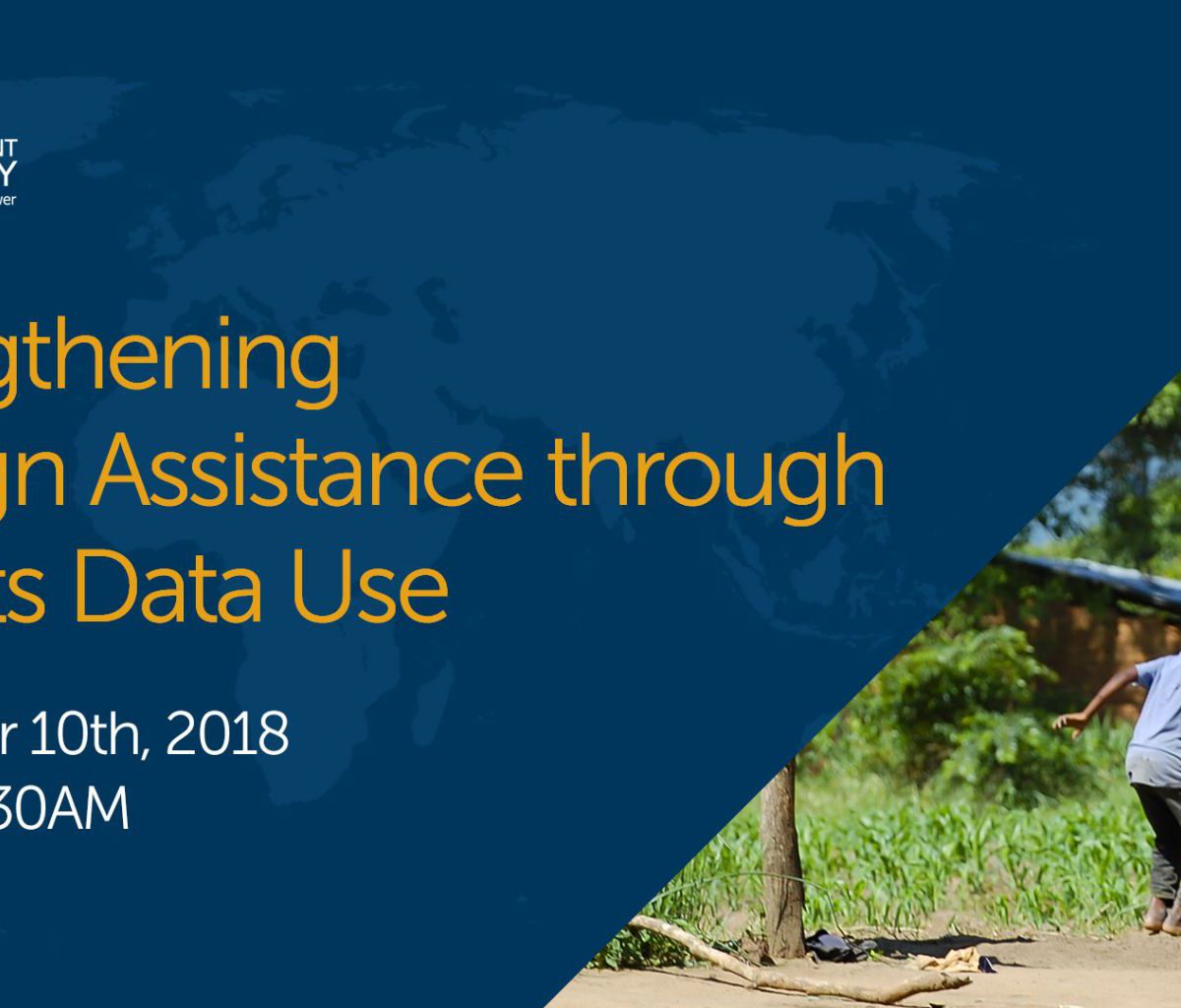
Join Us: Strengthening Foreign Assistance through Results Data Use
We know that evidence can lead to better outcomes. Yet despite spending upwards of USD $2.5 billion annually on collecting information about results – outcomes and impacts – research suggests these data are infrequently used. We at Development Gateway invite you to discuss how we can address this gap, by making smarter agency and government-wide investments in results.
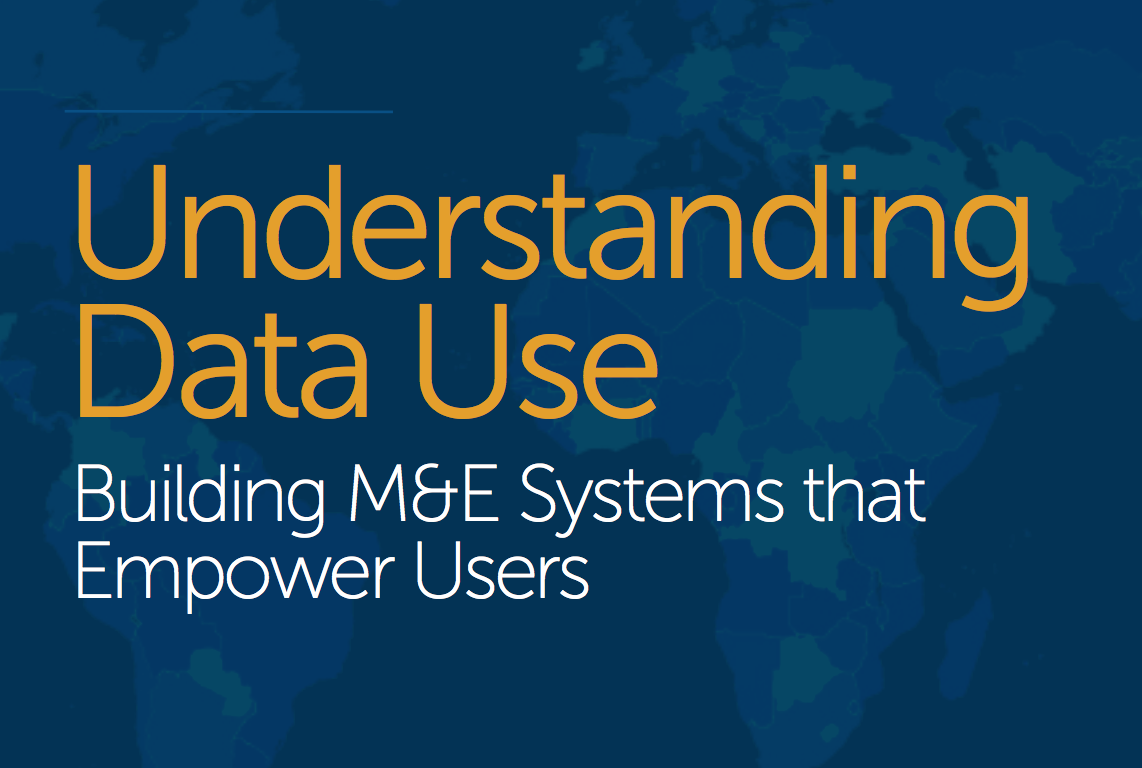
DG White Paper Release: Understanding Data Use
We know that Monitoring and Evaluation (M&E) aims to support accountability and learning, in order to drive better outcomes. Through the Results Data Initiative (RDI), we’ve approached M&E with a critical eye – how can we better allocate M&E funding, and what results are we really striving for?
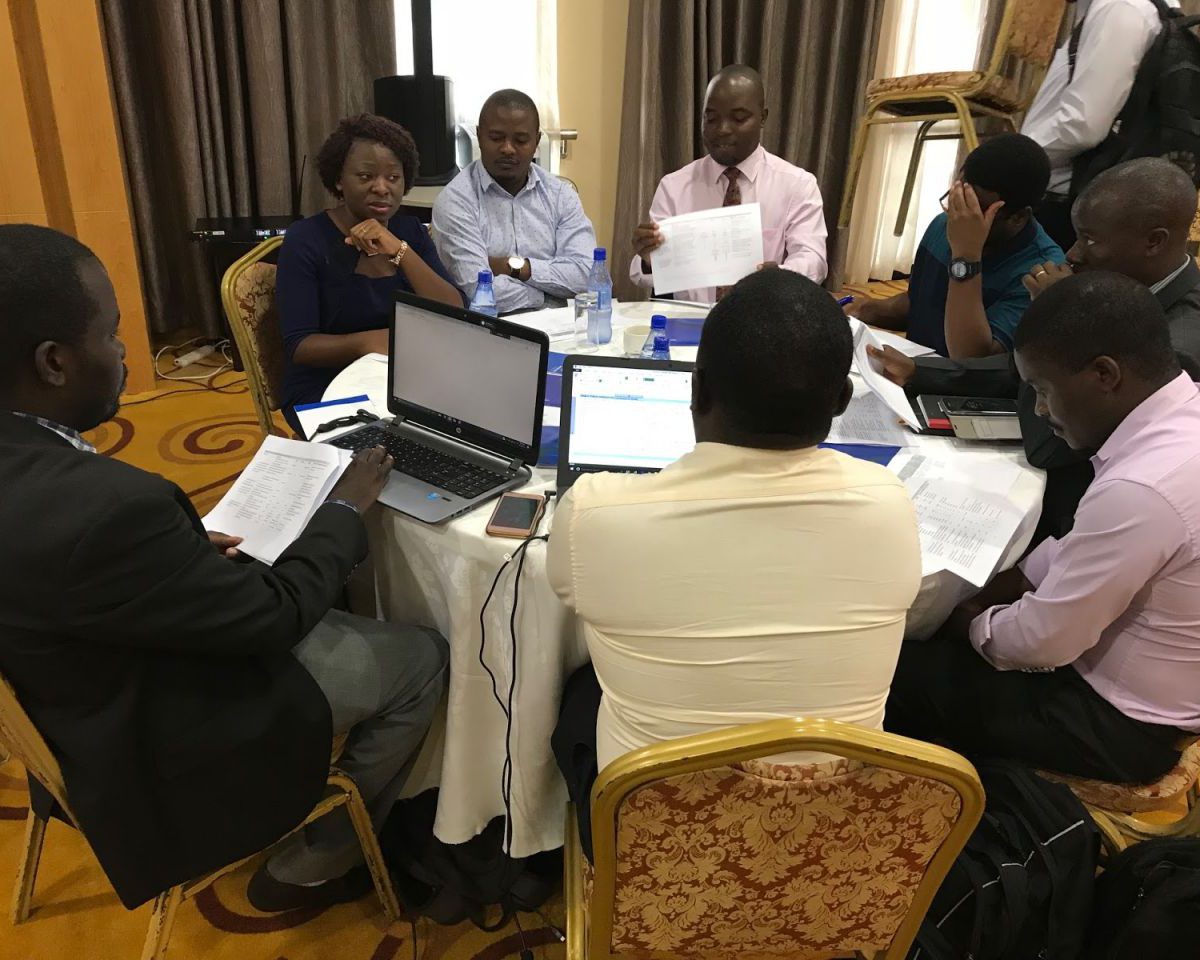
Challenging Assumptions: Lessons from Designing User-Centric Tools in Malawi
What does it take to design a platform to collect, manage, and analyze a country’s agricultural information? Ideally, a significant amount of time to speak with key data producers and intended data users to understand needs and achieve buy-in. But, as was our experience in Malawi, – it also requires a fair amount of humility and iteration.